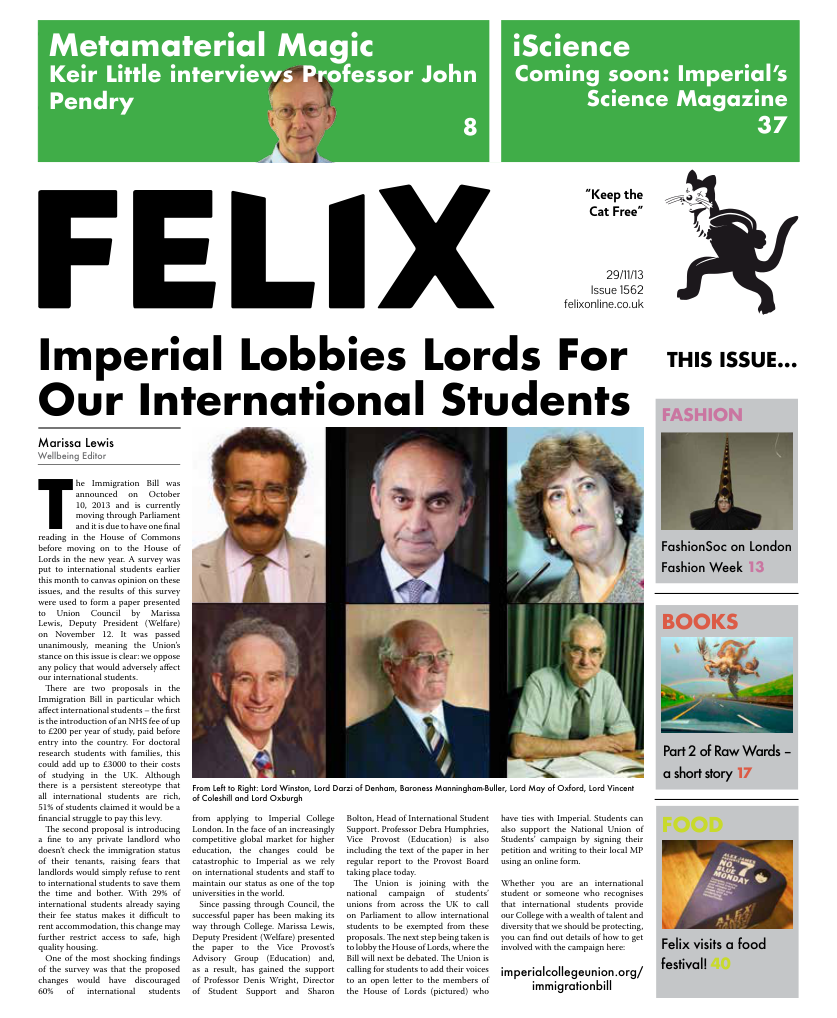Geneva 2- Peace Talks for the Syrian Crisis
President Assad’s adversaries meet in the wake of ending the Syrian Crisis
After a political turmoil that took a toll on the lives of thousands of hapless innocent Syrians, peace talks between opposing factions has emerged as the only recourse for the multitude. The situation on ground has deteriorated beyond recognition- derelict streets, blast ravaged homes, unemployed youth, crying orphans and polio-infested children abound the Syrian land.
The leaders of the Syrian National Coalition, President Assad’s adversaries are meeting to agree its stance on the so-called “Geneva 2” talks, which aim to end Syria’s two-and-a-half year civil war by creating a transitional governing body. They strongly demand that the President’s reign be called off and that President Assad relinquish his office as the head of the state.
A few other factors bolster Assad’s claim to hold onto the top position. Ever more Syrians reject the opposition coalition’s authority, seeing it as an ineffective group exiles that have failed to supply arms or aid to fighters on the ground. On November 4th one of the most senior pro-Western rebel commanders in northern Syria resigned in frustration, citing divisions among fighting factions and the fecklessness of the national coalition as reasons. On October 15th 50 groups, most of them Islamist-leaning, announced that they no longer recognized its authority. Syria also claims to have destroyed all of its chemical arms by now.
Damascus has decisively said Assad will stay in his post at least until his terms ends in 2014 and that he may run for re-election.
These demands are being asserted by the National Coalition, which claims to be the only representative of the Syrian people, but which doesn’t represent even a majority of the opposition groups.
Also, the coalition members demand a certain fulfillment of promises made by intervening nations- the promise to ensure that humanitarian corridors were opened so that aid could reach rebel-held areas currently blockaded by the regime, the promise to release opposition detainees and the promise to bring an end to air raids. In an interview with The Sunday Telegraph, his first with a Western newspaper, Ahmed Jarba said he was willing to take part in the long-awaited talks. “Yes, but do you think we can sit with the regime whilst there are people in Syria who can’t even drink water? We have been promised by the West that these humanitarian issues will be solved before the conference.”
America who supports the ousting of President Assad and Russia, the regime’s staunch supporters have jointly agreed on the need to end the war and reach a peaceful agreement. However, Saudi Arabia, which has aligned itself with American forces in Syria, has a differing call. The Saudis see an axis of Shia mischief, stretching from Tehran through Baghdad and Damascus to Hizbullah in Lebanon, as their biggest threat, and Syria as its linchpin. On the other hand, Iran has invested billions to prop up Mr Assad’s regime and to retain a vital link to Hizbullah.
Mr Assad has felt stronger since America failed to carry out a threat to punish the regime with missiles for its mass-murderous sarin-gas attack on August 21st. Saudi Arabia, infuriated by America’s loss of nerve over punishing the Syrian regime with missile strikes after its sarin attack, has embarked on a project to create a new national army in the south of Syria rather than working through the Supreme Military Command, the coalition’s armed wing based in Turkey. For months it has reportedly been training 5,000 rebels in Jordan, with help from French and more recently Pakistani forces. Severe malnutrition is reported, especially among children in areas besieged by government forces. The UN says two in five Syrians now need emergency aid. Neighboring countries warn they can no longer cope with the scale of the refugee influx, the most dramatic since the Second World War. Displaced Syrians now make up nearly a quarter of Lebanon’s population. To add to the pall of grief, Al Qaeda is waging polio biological warfare in Syria. The Poliovirus is very contagious and thrives in an infected person’s throat and intestines. It could be that Al Qaeda is seeking vengeance as America in the past had abused polio vaccination program to find out Osama bin Laden.
The stalemate in Syria needs immediate redressing. The unrest that has gripped the Middle East has Syria as its epicenter. If not addressed, outbreak of epidemics and economic instability might only aggravate the difficulties faced by innocent Syrians. And redressing can only be effectively achieved by show of sympathy and a compromising spirit from both the factions of a warring nation.





